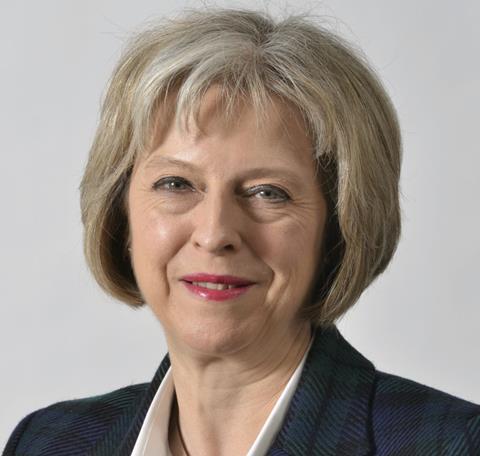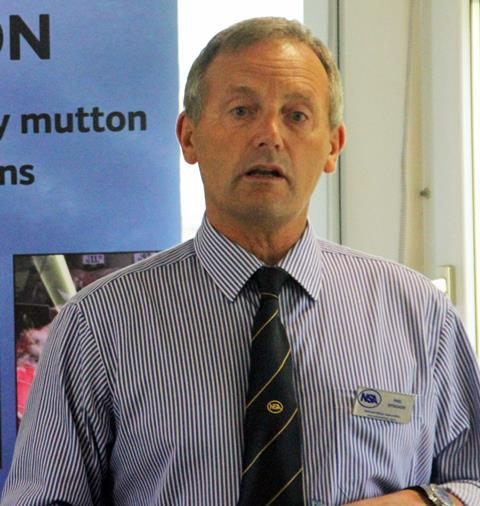After eight hours of talks, EU leaders offered to delay Brexit until 22nd May last night Thursday 21st March, if British MPs approve the prime ministers exit deal with a third vote in the commons.

The prime minister will return to the UK to try to convince MPs to support her withdrawal deal for a third time. This follows EU agreement to postpone Brexit beyond the 29th March deadline. However, if MP’s do not approve it, the Brexit delay will be shorter, only until 12th April, at which point the UK must set out its next steps to the EU, or leave without a deal. With European elections in May, the options seem to be limited if an agreement is not reached.
Despite the speaker John Bercow saying what is now put forward, following two previous votes, must be substantially different to be voted on, MPs are expected to vote for a third time on the Brexit withdrawal deal, but the UK could still leave without an agreement if Mrs May's deal is not approved.
After waiting for the 27 other EU countries to make their decision at a summit in Brussels, the prime minister said she would now be "working hard to build support for getting the deal through". Commenting on the outcome of protracted discussions, a frustrated Mrs May said MPs now had a clear choice.
Industry views

Katie Doherty the policy director at the International Meat Trade Association (IMTA) responded by saying: “Agreement last night at The European Council to offer the UK two different potential extensions past the 29th March eases the pressure a little for next week. However, there is no guarantee that more time will mean May’s deal gets through, no deal is still a possibility on 12th April if her deal fails for the third time and no alternative course of action is agreed.”

Norman Bagley for the Association of Independent Meat Suppliers (AIMS) said: “Parliamentary arithmetic is too close to call, if May’s plan goes down and a no deal is in prospect, who knows what the EU will do. Barnier said yesterday there was nothing more for them to do, all down to London. Macron is dismissive one minute and changing position the next. Might they again if push comes to shove? Probably, but only under severe pressure to avoid no deal.”
Ian Stevenson, the Livestock & Meat Commission Norther Ireland (LMCNI) chief executive commented: ”With one week to go until the UK had planned legislatively to exit the EU it is unbelievable that the Northern Ireland beef and sheep meat industry is still no more certain with regards to the terms of relationship it is likely to have with its largest export market partners in the EU than it was on 23rd June 2016.

“The developments in Brussels last night will hopefully strengthen resolve on both sides to avoid a cliff edge Brexit. It is imperative that agreement is reached as soon as possible on exit terms and allows the process to move on to the critical negotiations on the future relationship between the UK and the EU. Leaving the EU without a deal is totally unacceptable to our industry and the mantra that no deal is better than a bad deal needs to be consigned permanently to the dustbin where it belongs”.

Andrew Kuyk CBE, the director general of the Provision Trade Federation (PTF) said: “The cliff edge has been pushed back, but it is still there. And we also now have at least two dates and four options on the table - 12th April or 22nd May; deal, no deal, long delay or no Brexit.
“How can any businesses be expected to trade or plan in such circumstances? As a trade association we are politically neutral. But that is not going to stop members asking how on earth we have ended up in this position and choosing their own adjectives to describe it. I can supply a list if anyone is stuck.”
Ian Wright CBE, Food & Drink Federation (FDF) chief executive added: “We now have confirmation that Brexit will be delayed, but without a resolution the crisis is simply postponed until 12th April 2019. Those three weeks represent an almost meaningless extension in light of the 18-months that have already gone into preparations for EU Exit.

“It is time for the politicians to get their act together and either pass the prime minister’s deal or chart a different course to bring the nation together and end the uncertainty. And they should do it today.”

National Sheep Association (NSA) chief executive Phil Stocker expressed the ongoing frustration of farmers: “What we all feared, but hoped wouldn’t happen, is becoming a real possibility.
"While there may be no shortage of people in the UK that seem prepared to crash out and just get the job done, all evidence suggests that for the sake of the UKs sheep industry something needs to give quickly to prevent our industry having a devastating shake up.
“We have been repeatedly warning of the risks of a no deal Brexit, and it now seems more likely than ever that our concerns may be realised.”
This story was originally published on a previous version of the Meat Management website and so there may be some missing images and formatting issues.















